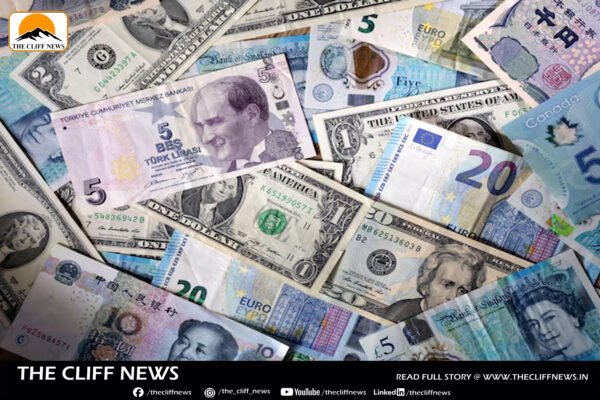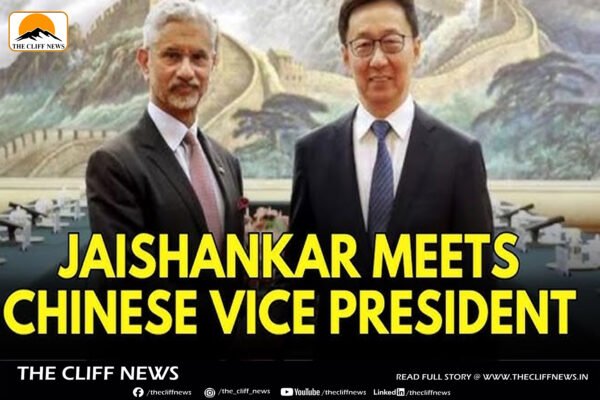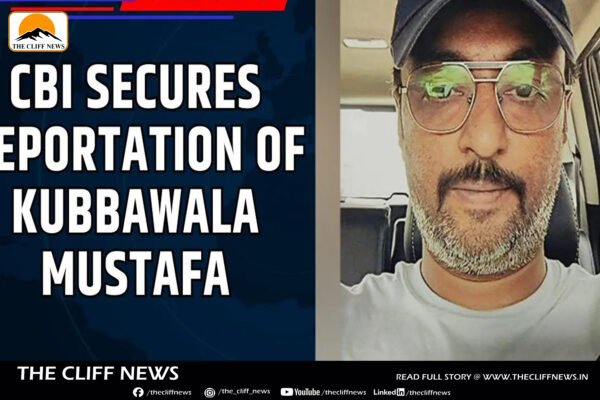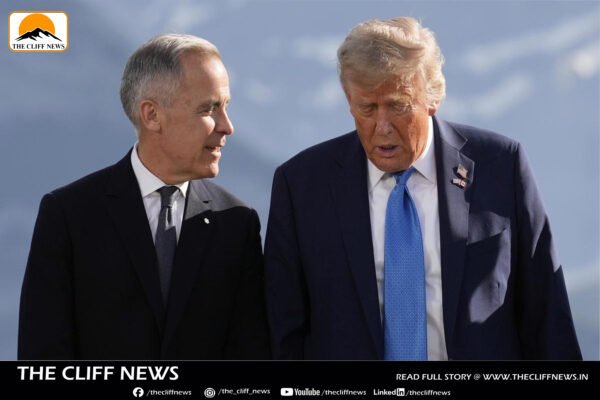Bitcoin Surges Past $120,000 Amid Policy Optimism and Rising Institutional Demand
Bitcoin soared to an all-time high of $123,153.22 on Monday, breaking the $120,000 mark for the first time in its history. The world’s largest cryptocurrency was last trading 2.4% higher at around $122,000, driven by growing investor optimism surrounding potential U.S. regulatory breakthroughs and a wave of institutional interest. The rally comes as the U.S. House of Representatives prepares to debate several key cryptocurrency-related bills that could finally establish a long-awaited regulatory framework for the digital asset industry. Among them is the Genius Act, which proposes comprehensive federal guidelines for stablecoins, and the Clarity Act, which seeks to define digital assets more clearly under existing securities laws. “Crypto President” Support and Market Momentum The surge has been further boosted by U.S. President Donald Trump, who has openly backed the crypto industry and recently declared himself the “crypto president.” His administration has prioritized digital asset regulation, and he has called on lawmakers to adopt crypto-friendly legislation. “It’s riding a number of tailwinds at the moment,” said Tony Sycamore, a market analyst at IG. “Strong institutional demand, expectations of further gains, and support from Trump are all fuelling the bullish momentum. It looks like it can easily have a look at the $125,000 level now.” Bitcoin has gained 30% year-to-date, triggering a wider rally across the crypto sector even amid ongoing global uncertainty around trade and tariffs. Broader Crypto Market Follows the Rally Gracie Lin, CEO of OKX Singapore, highlighted an evolving perception of Bitcoin’s role in the financial ecosystem.“Bitcoin is increasingly being seen as a long-term reserve asset,” she said. “That shift is not just from retail and institutional players, but also some central banks and Asian wealth managers, which indicates structural change, not hype.” Crypto Week in Washington Earlier this month, U.S. lawmakers designated the week of July 14 as “Crypto Week.” A series of votes are expected on major legislation, including: Crypto Stocks Rally Too In the equity markets, crypto stocks and ETFs saw gains as well. In U.S. premarket trading, shares of Coinbase, one of the largest crypto exchanges, moved higher in anticipation of the positive regulatory outlook. As Bitcoin flirts with the $125,000 level, market participants remain focused on U.S. legislative developments and global economic signals to gauge the sustainability of this rally.










